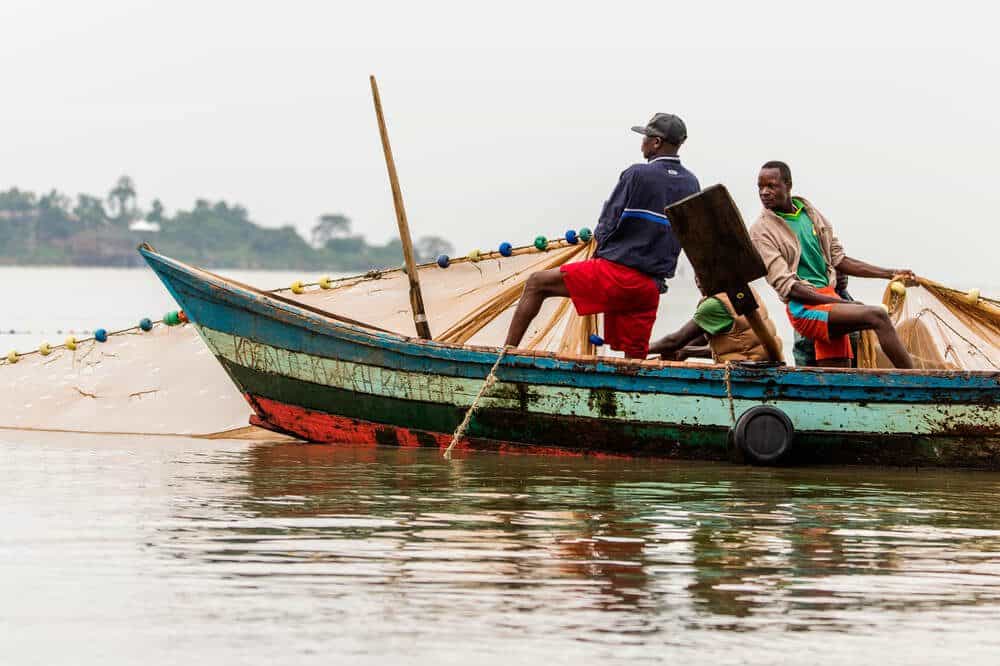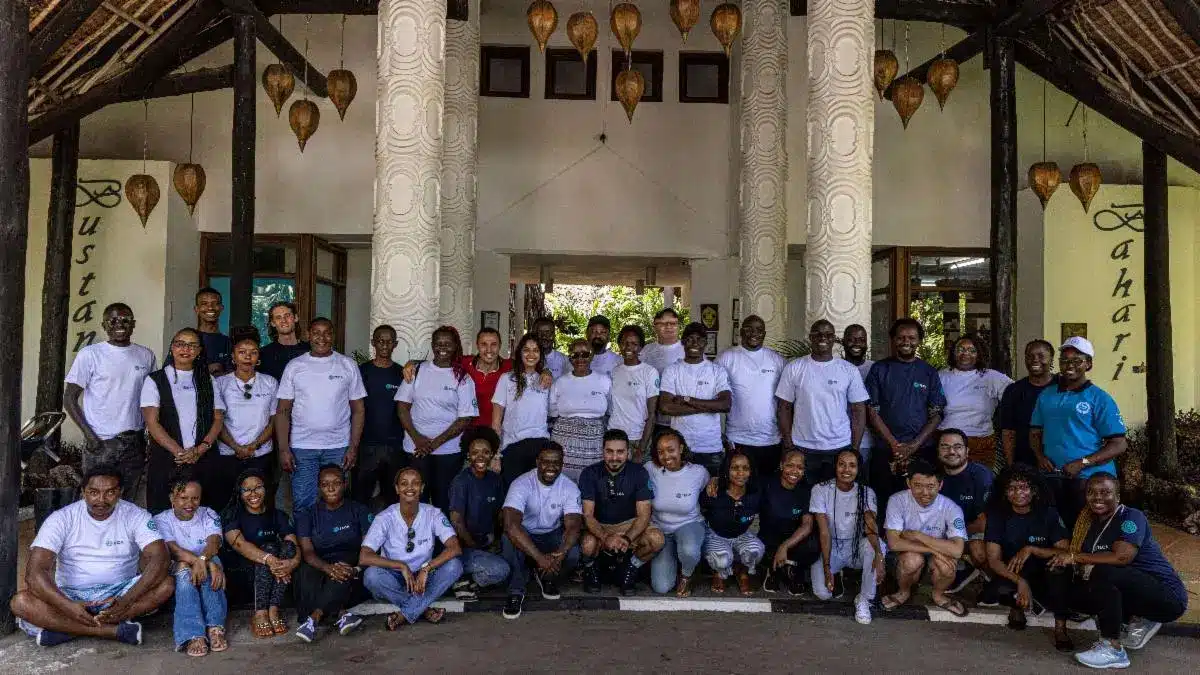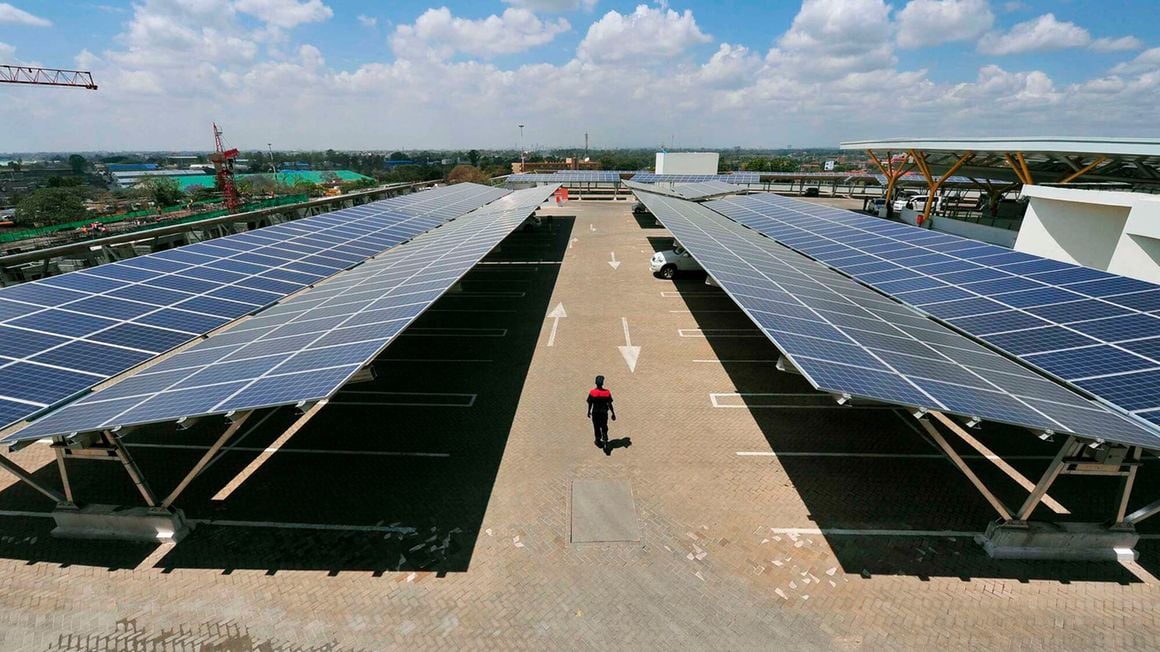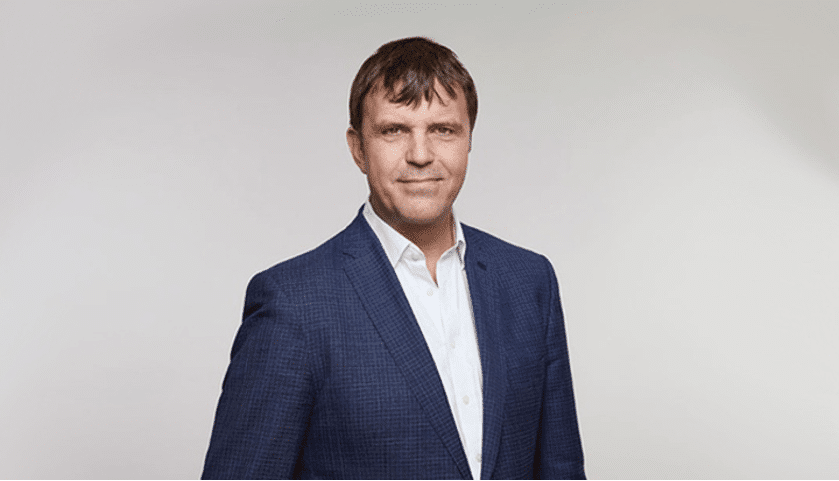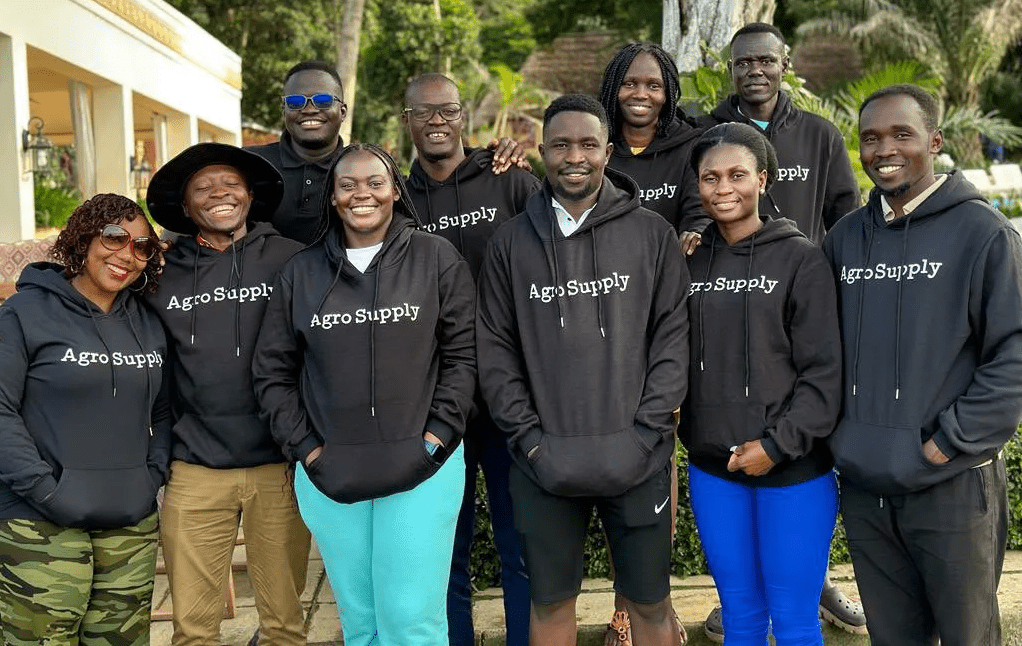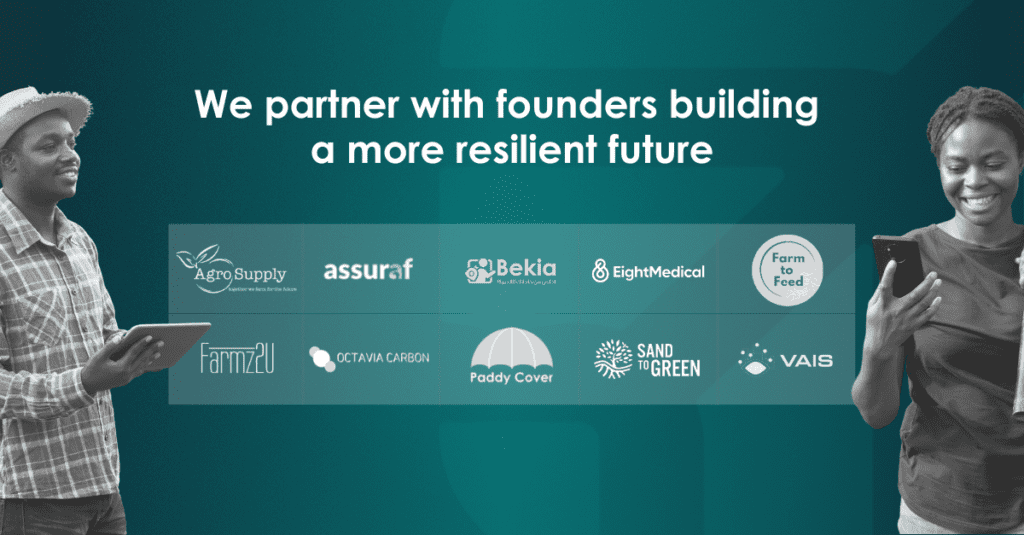Catalyst Fund recently announced its first investments in ten African startups that are leading the way in areas like agtech, insurtech, waste management, disaster response, and carbon finance. The goal is to help communities adapt to the effects of climate change and build their resilience.
This is the first group of entrepreneurs to get help from its new $30 million pre-seed venture capital fund and accelerator. Its first partner, FSD Africa, is the fund’s leader, and the fund’s goal is to support high-impact entrepreneurs who are working to help underserved, climate-vulnerable communities in Africa become more resilient.
Catalyst Fund’s goal is to help entrepreneurs who use new ideas in technology, finance, and data to solve the biggest problems and take advantage of the biggest opportunities of our time. To do this, it has expanded its mission to include investing in businesses that tackle climate change, which is the biggest problem we all face.
Catalyst Fund already has 61 companies in emerging markets in its portfolio. These new startups will join them and get money, expert-led help building their businesses, and access to a network of investors, corporate innovators, and talented people who can help them grow.
Today pre-seed venture capital (VC) fund and accelerator Catalyst Fund announced a $2 million investment into 10 startups building solutions to improve the resilience of climate-vulnerable communities in Africa.
This is the first group of companies to get money from Catalyst Fund’s new $30 million venture capital fund, which is led by the financial sector development agency FSD Africa. The goal of the fund is to help early-stage founders create technology that will make Africa more resistant to the effects of climate change.
Each of the ten firms will receive $100,000 in equity investments as well as $100,000 in hands-on venture-building assistance.
These companies will join Catalyst Fund’s existing portfolio of 61 startups in emerging markets. They will get funding, specialized and expert-led help building their businesses, and direct connections to investors, corporate innovators, and talent networks that can help them grow.
Catalyst Fund’s Managing Partner, Maelis Carraro, said, “We are thrilled to be able to work with ten innovative African startups to build a more resilient and sustainable future.”
Our goal is to help mission-driven founders who share our vision of a world where everyone has the tools and opportunities they need to thrive. From agtech to insurtech, waste management to disaster response, and carbon finance to carbon finance, these startups show finance, tech, and business model innovations that will help communities better adapt to climate change and become more resilient.
Here are the top ten startups.
Agro Supply (Uganda)
A mobile layaway system that helps farmers save money slowly using their cell phones and cash out to buy farm inputs like hybrid (drought-resistant) seeds, from maize to sorghum, sunflower, and soybean, during planting season.
Assaraf (Senegal)
A digital insurtech platform that gives end users accesses to a variety of insurance products from more than 20 insurance companies, such as insurance for agriculture, cars, health, homes, and natural disasters. It also has a fully integrated claims management system.
Bekia (Egypt)
A technologically advanced waste management solution that enables businesses and households to trade in their waste (including plastic, paper, electronics, metals, and cooking oil) for cash rewards paid to a digital wallet.
Eight Medical (Nigeria)
A cloud-based platform for Emergency Medical Services (EMS) that lets people get urgent care when and where they need it.
This “911 for Africa” puts emergency medical workers on motorcycles in touch with people in trouble in 10 minutes or less, even if the problem is caused by the weather.
Farm to Feed (Kenya)
Afirm n the food supply chain that offers a digitally enabled solution to food loss/waste. Their environmentally friendly strategy focuses on giving farmers a market for their surplus and imperfect produce, improving food security, and lowering greenhouse gas emissions.
Farmz2U (Nigeria + Kenya)
An agtech company promoting sustainable agriculture. Farmers can obtain individualized farming guidance (particularly on regenerative farming practices), reasonable loans, quality and traceable inputs, and direct customers for their harvest through Farmz2U.
Octavia Carbon (Kenya)
Global South’s first Direct Air Capture (DAC) firm is constructing the world’s most affordable DAC hub.
Octavia is building DAC equipment to pull carbon out of the air and sell it to off-takers as either carbon dioxide or carbon credits.
Paddy Cover (Nigeria)
Works with established insurers and digital platforms to create and sell customized products through their platform. These products include health, life, and index-based crop insurance, which will be available in the future.
The services are built into the customer’s life in some way, either as a convenience or as a way to add value.
Sand to Green (Morocco)
Using agroforestry and a solar-powered desalination system, they turn deserts into land that can be used for farming. They also design climate-smart regenerative farms.
VAIS (Egypt)
A precision agtech startup dedicated to climate resilience and food security by giving farms data intelligence through their FarmGATE application, which is powered by proprietary artificial intelligence/machine learning (AI/ML)-based virtual field probing (VFP) technology. This helps farms make better use of water and other farm inputs to get better yields.
Catalyst Fund’s portfolio companies have raised more than US$640 million in follow-on funding so far, and they now serve more than 14 million individuals and MSMEs around the world.
Read original article
